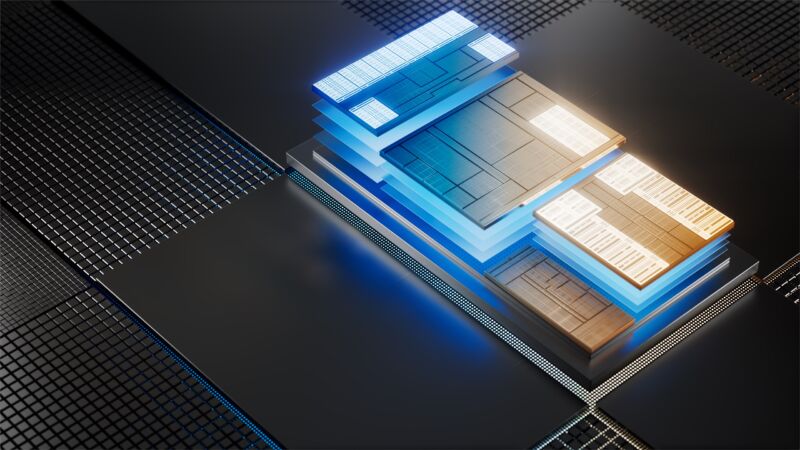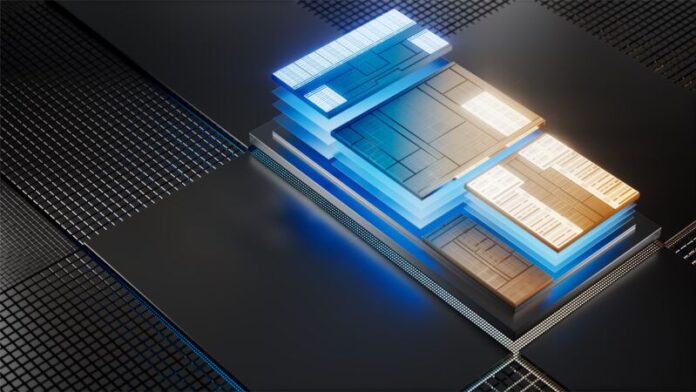
Enlarge / Intel's Core Ultra chips are some of the first x86 PC processors to include built-in NPUs. Software support will slowly follow. (credit: Intel)
When it announced the new Copilot key for PC keyboards last month, Microsoft declared 2024 "the year of the AI PC." On one level, this is just an aspirational PR-friendly proclamation, meant to show investors that Microsoft intends to keep pushing the AI hype cycle that has put it in competition with Apple for the title of most valuable publicly traded company.
But on a technical level, it is true that PCs made and sold in 2024 and beyond will generally include AI and machine-learning processing capabilities that older PCs don't. The main thing is the neural processing unit (NPU), a specialized block on recent high-end Intel and AMD CPUs that can accelerate some kinds of generative AI and machine-learning workloads more quickly (or while using less power) than the CPU or GPU could.
Qualcomm's Windows PCs were some of the first to include an NPU, since the Arm processors used in most smartphones have included some kind of machine-learning acceleration for a few years now (Apple's M-series chips for Macs all have them, too, going all the way back to 2020's M1). But the Arm version of Windows is a insignificantly tiny sliver of the entire PC market; x86 PCs with Intel's Core Ultra chips, AMD's Ryzen 7040/8040-series laptop CPUs, or the Ryzen 8000G desktop CPUs will be many mainstream PC users' first exposure to this kind of hardware.
Read 10 remaining paragraphs | Comments
Ars Technica - All contentContinue reading/original-link]




